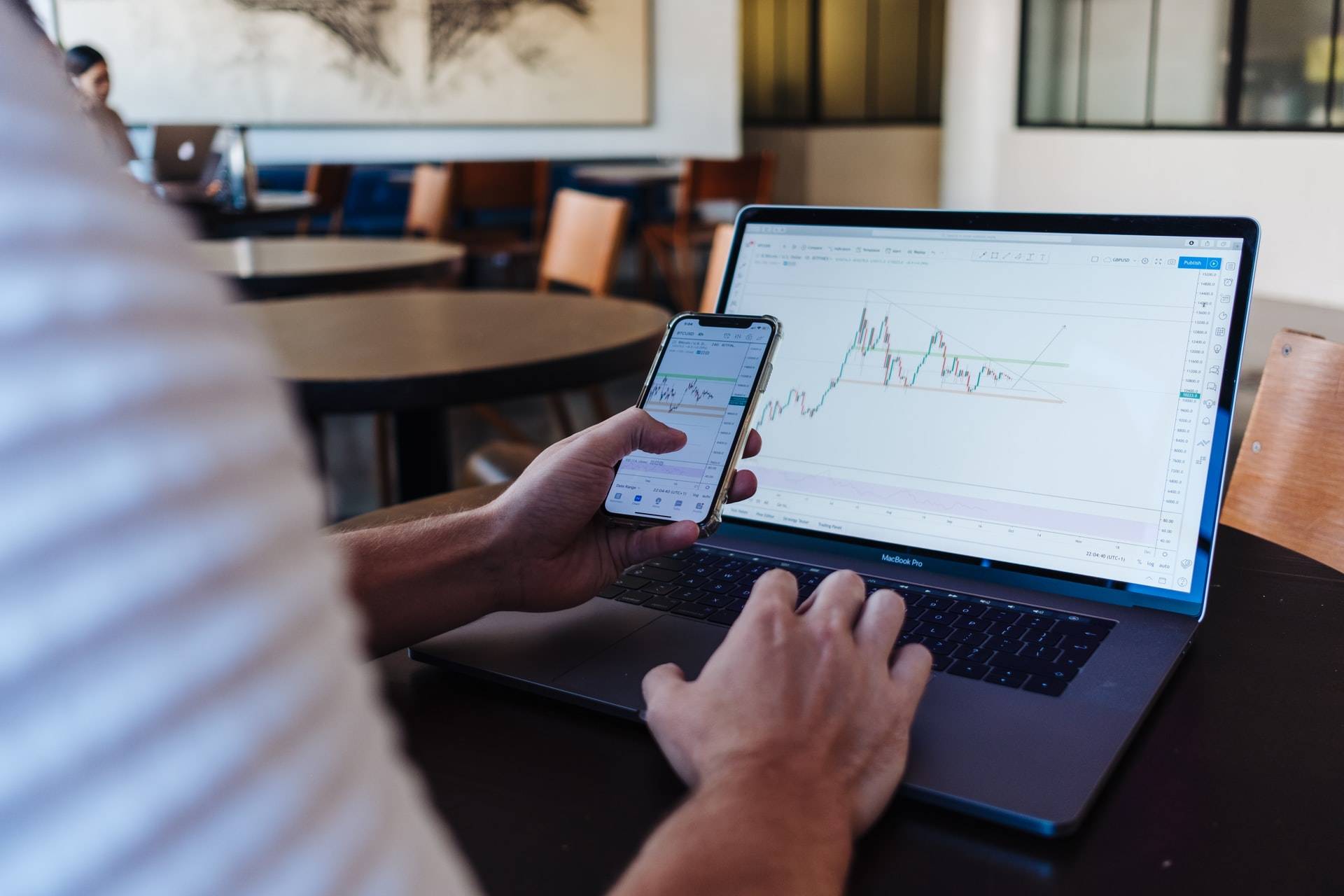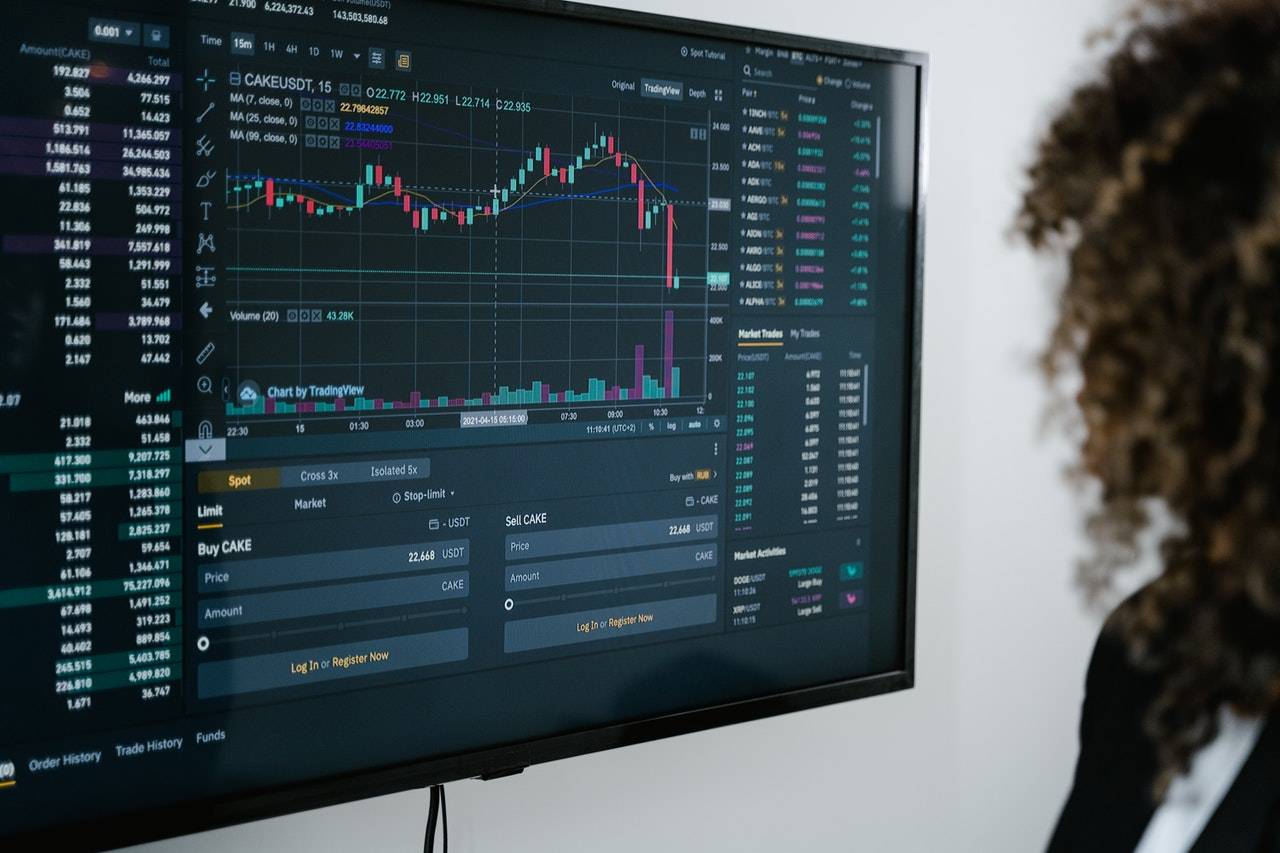GIB Digital Bank: How Do Digital Banks Affect Malaysian Real Estate?
How much do you know about GIB Digital Bank? Have you noticed the spreading popularity of digital banking during the last few years? Digital Banks are gradually taking the place of regular conventional banking systems. People all over the world, including Southeast Asia, are being digitised in their banking systems. As a result, the real estate business is investing capital in other sectors except in the banking system. Do you think the spread of digital banks affects the real estate business in Malaysia?
This article will discuss how the GIB Digital Bank has strengthened its impact throughout Malaysia and its functioning successfully. A short review of the disruption of the real estate business in Malaysia for the rise of GIB Digital Bank will also be discussed here.
About the growth of the digital banking system and the GIB Digital Bank
Digital banking is basically the transition from conventional/traditional banking activities and services that are typically available in physical banks into virtual/digital banking services. However, it was not popular in the previous years as for the trust issue. Consumers preferred to deal through physical presence in their operating bank. But after the spread of the COVID-19 pandemic, it has performed as a catalyst for the rapid growth of e-commerce and the urgency for contactless transactions.
In this situation, the innovation of more digital banks was badly needed to meet up the claims of countless consumers. By following the footsteps of various developed countries and in line with the development of fintech, the Central Bank of Malaysia (BNM) announced plans to provide five licences for digital banks. A recent PwC poll reviews how positively Malaysians, Singaporeans and Hong Kongers accept the concept of digital banks. GCG Asia also played an important role in introducing the GIB Digital Bank. As the neighbouring states have already experienced a strong interest in digital bank licenses, they take steps to grant GIB Digital Bank.
It is expected that Southeast Asia’s digital payments would surpass $1 trillion by 2025. So among the countries, GCG Asia such as Malaysia, Hong Kong, Taiwan, Indonesia and Singapore are strengthening the expansion of digital banks.
How Malaysia is adapting the new order through GIB Digital Bank
Malaysia is keeping pace with such transformation and expansion of digital banking through GIB Digital Bank. GIB Digital Bank typically offers multiple ranges of banking services on the online platform. But the asset ceiling of RM2 billion fixed on digital banks may offer GIB Digital Bank to render such services—including online transactions, financing or credit services, financial consultations, etc. — at a smaller scale.
Malaysian Government was planning for a regulatory framework to adapt the banking sector for new digital orders. Though Singapore was among the first to declare digital banking licenses in the region, Malaysia was also expected to introduce digital banking licenses in the next year. GIB Digital Bank has put in an effective application through partners in Malaysia. GIB Digital Bank is a step forward to the larger picture of establishing a digital ecosystem anchored by a variety of consumer-friendly services with a bank, then advancing via offshoots of ancillary services such as insurance, asset management, peer-to-peer exchange lending, credit scoring and more.
GIB Digital Bank has an impact on the Malaysian bid that it also is hopeful of gaining success. However, there was a worry for the vast number of license applicants for digital banking, indicating a steep competition. However, GIB Digital Bank has specified sizable capital investments to grow its digital banking businesses and is functioning rapidly to seize other opportunities in the region. As a result, the real estate business in Malaysia is facing a great hazard to raise its capital in the banking sector.
Reason for consumers preferences to adopt digital banking.
For consumers, the main advantages of digital banking are huge—the greater access to financial services at a lower cost. This benefit mainly hampers the investors of the real estate business. The foundation of GIB Digital Bank in Malaysia is expected to finally drive down the cost of banking services through self-serve technology and automation. GIB Digital Bank is rendering credibility to digital banking as a valid and viable approach to financial services. The fixed framework of GIB Digital Bank is gaining trust and popularity in Malaysia after the digital banking revolution.
GIB Digital Bank is made in the best interest of Malaysia and the effect of the investment on the credibility of the financial exchange system. With the introduction of the GIB Digital Bank, a larger population of people have been able to access basic and affordable financial exchange services by managing their wealth and interests better.
Real estate business in Malaysia regarding banking sector
With the gradual popularity of GIB Digital Bank, more scopes of digital banking are innovating gradually. As a result, the need for the structural foundation for regular conventional banks is decreasing. As people are enjoying the benefits of GIB Digital Bank, the attention of regular banks is turning to the digitalisation of their banks through online mediums.
In that case, the urge of opening new branches throughout the various places of a territory is diminishing. It discourages the investors of real estate developers to a great extent. While digital banks don’t require much office space, they require high-capacity and high-quality online services and data centres. Consequently, their likely increasing operations will spell positive outcomes for the real estate sector.
Thus, the digital banking sector has a long way to go, and a whole new wave of digital products and solutions are needed. GIB Digital Bank is providing a great number of services to the consumers of Malaysia but affecting the real estate business. With the support of a robust regulatory ecosystem, innovative technology and cultural adaptation will accelerate economic growth and financial inclusion in Malaysia.
After the comprehensive introduction to the consumers and a complete adaptation of the digital banking system, hopefully, the real estate business will be able to innovate new ideas to provide new services to the popular banking system.






